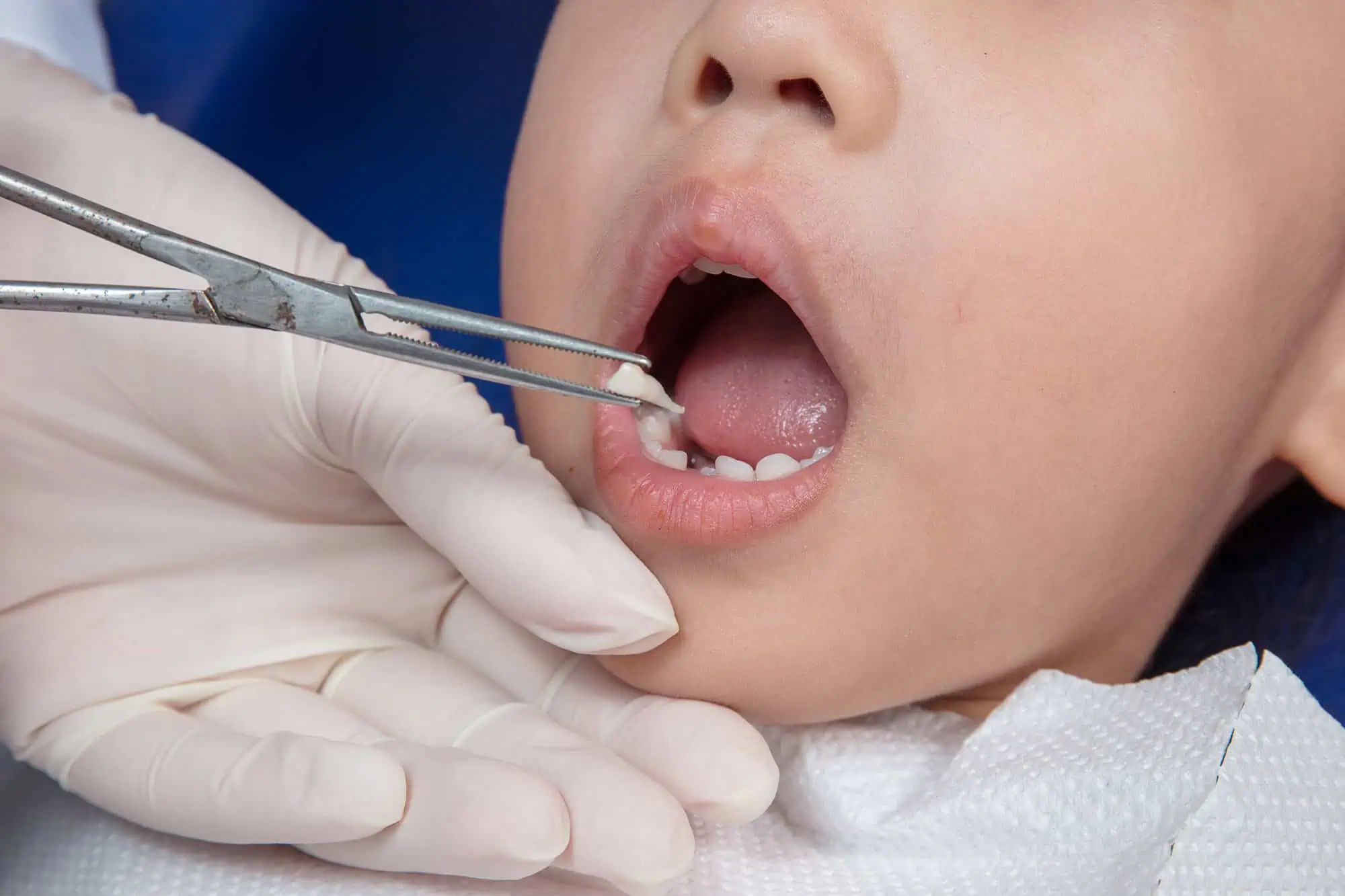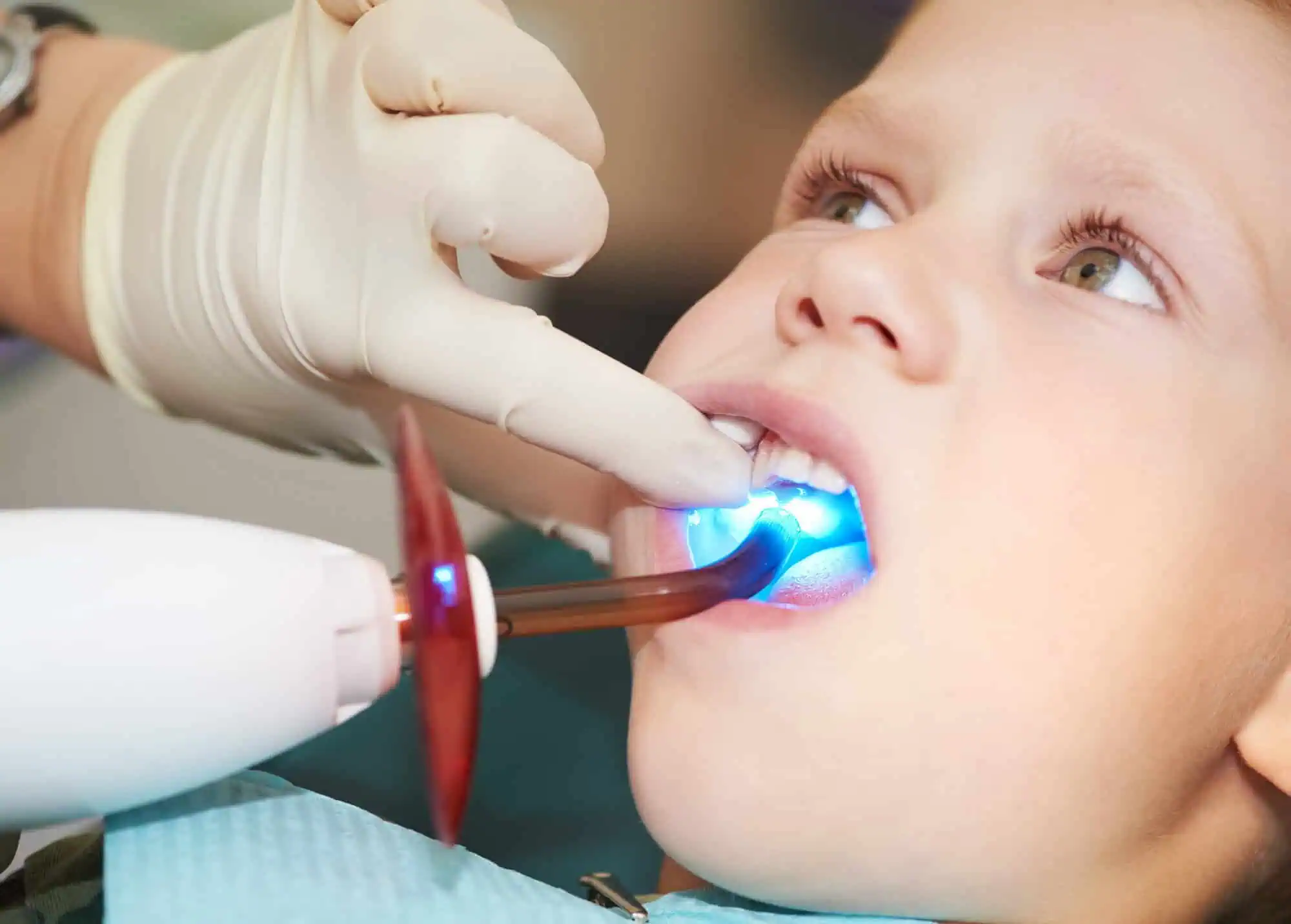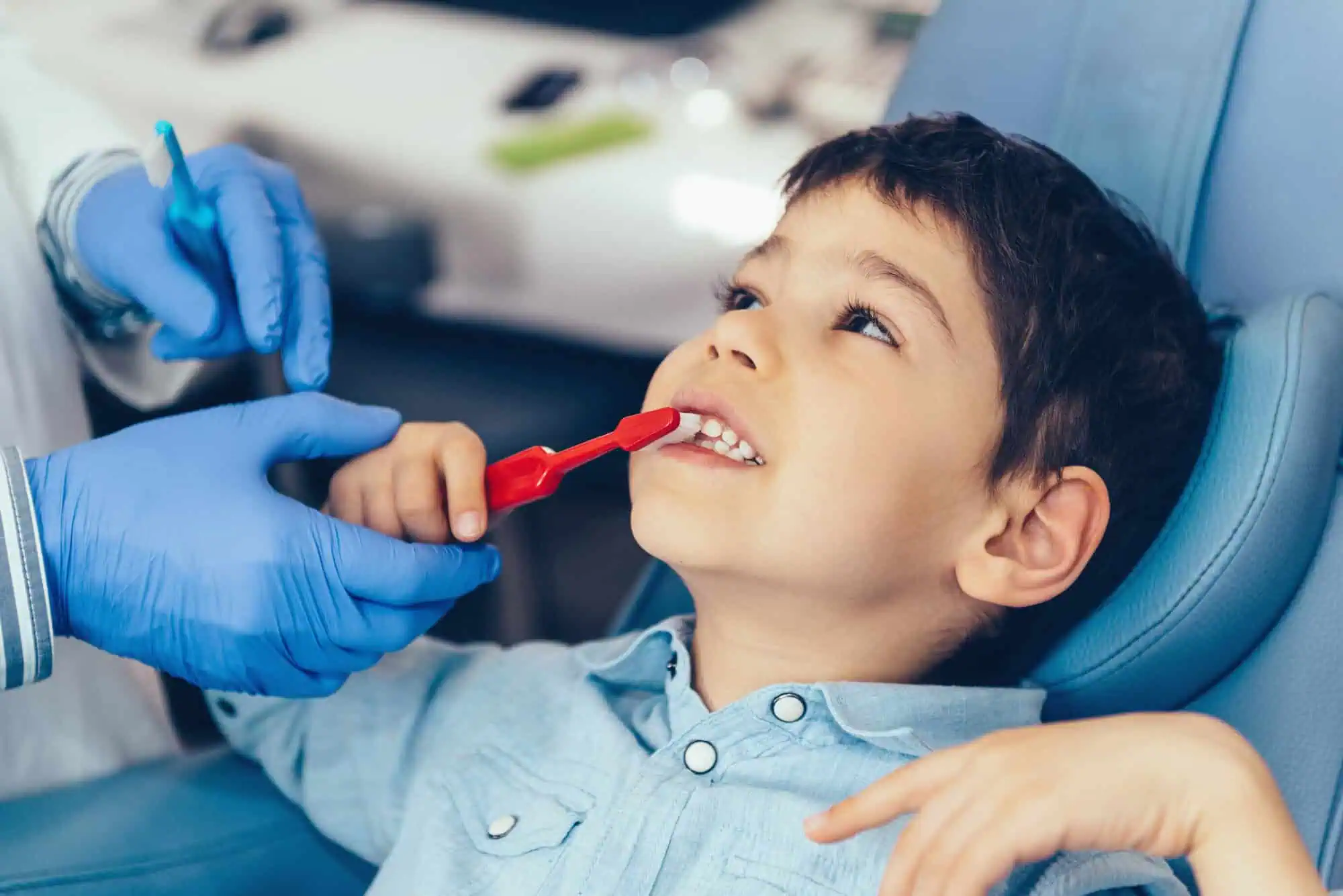While half of adults snore, loud snoring in children is relatively uncommon. However, as a parent, hearing your child snore may raise concerns about their sleep quality and health. Research indicates that adequate sleep is crucial for a child’s brain development and overall well-being. In this blog post, we will explore the causes of childhood snoring, when to be concerned, and the role of dental health in addressing snoring issues.
What Causes Snoring?
Childhood snoring falls under the broader category of pediatric sleep-disordered breathing. Several factors can contribute to snoring in children, including:
- Allergies
- Pediatric obstructive sleep apnea
- Dental conditions that block the airway
- Enlarged tonsils and adenoids
The most common cause of childhood snoring is the enlargement of tonsils and adenoids. Tonsils and adenoids are glands in the back of the throat and nasal cavity that play a vital role in fighting infections. When they become inflamed, typically during illnesses or allergies, they can obstruct the airway and cause snoring.
Should I Be Concerned If My Child Snores?
Children are constantly changing and developing. Snoring can be normal for some children but may be a concern for others depending on their symptoms and stage of development.
New Born Snoring
Noisy breathing during sleep is common for newborns due to their small nasal passages. Noisy breathing is particularly common if your baby has a stuffy or dry nose. Although these noises may sound like snoring, they typically are not. Only 3% to 9% of infants snore, which produces a distinct sound from the vibration of soft tissues in the back of the throat. While snoring in infancy can be normal, it is important to let your child’s pediatrician know if your baby snores regularly.
Childhood Snoring
Children aged 3 years or older may snore during deep stages of sleep. In most cases, light snoring is considered normal for school-aged children, especially when they are in the process of losing their baby teeth. Missing teeth can alter the shape of oral tissues, potentially leading to airway blockage. Furthermore, snoring in children may also arise due to oral misalignments. Your child’s dental provider can determine if their palate or teeth alignment is contributing to their snoring. While your child’s snoring might be harmless, it is wise to have them evaluated by their pediatrician. Snoring can serve as a potential indicator of allergies, asthma, tonsillitis, or even sleep apnea.
Teenage Snoring
Teenagers may snore due to dental misalignments, sleep apnea, allergies, or enlarged tonsils. Obesity can also be the underlying cause of some teenage snoring. Seeking evaluation from their general practitioner or an ear, nose, and throat specialist can help determine the root cause of your teenager’s snoring. If your teen has not received orthodontic treatment, it is wise to schedule a consultation with an orthodontist to determine if dental misalignments are contributing to their snoring habit.
Pediatric Obstructive Sleep Apnea
Pediatric obstructive sleep apnea is a serious medical condition that requires prompt attention from a medical provider. This condition causes a child’s airways to be blocked repeatedly throughout the night, resulting in disrupted sleep, daytime drowsiness, inability to concentrate, and behavioral problems. Additionally, children with sleep apnea tend to mouth breathe at night. Mouth breathing dries out the oral cavity, heightening a patient’s risk for tooth decay, gum disease, and bad breath.
Signs Of Pediatric Obstructive Sleep Apnea
- Regular snoring with pauses or gasps
- Heavy breathing while asleep
- Tossing and turning during sleep
- Mouth breathing
- Teeth grinding or clenching
- Daytime drowsiness
Multiple treatment options are available for pediatric sleep apnea, depending on the child’s specific needs. Treatments may involve tonsil removal, weight management, CPAP machine usage, or inhaled steroids. A custom mouthguard designed to open the airway may also be a good option to treat some children’s mild obstructive sleep apnea. For children with a narrow palate, orthodontic treatment is commonly recommended. An orthodontic device can be placed in the upper mouth to gently widen the palate and nasal passages over time, promoting better airflow.
Childhood snoring can be an indication of underlying health issues, including dental misalignments. If your child snores regularly, contact a pediatrician, and schedule a dental exam. Addressing snoring concerns early can lead to improved sleep, dental health, and overall well-being for your child.










